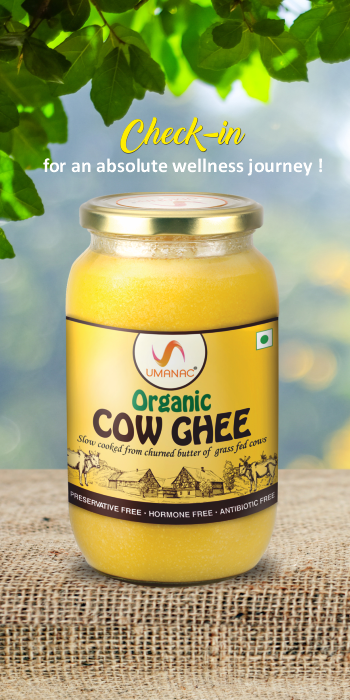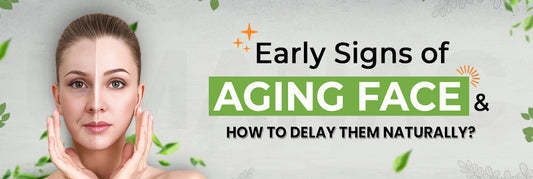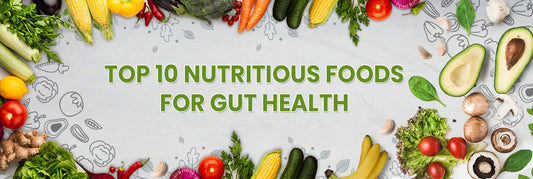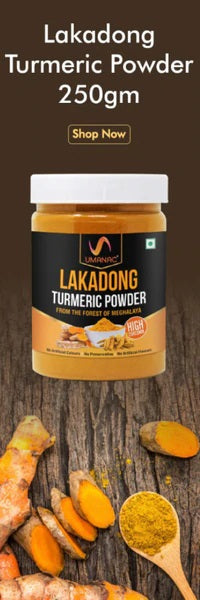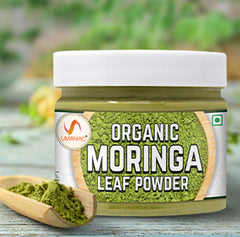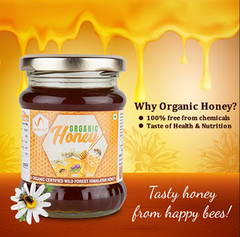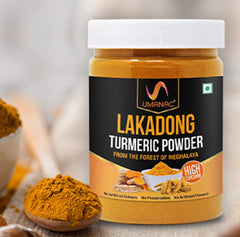A nutritious and well-balanced diet is one of the best ways to achieve beautiful, glowing skin, as healthy skin often indicates a person's overall wellness. We think that the way our skin feels and looks is greatly influenced by the foods we eat
Today, I will talk about how to choose nutritious foods for healthy and glowing skin in this blog, delving into the nutrients, foods, and lifestyle choices that can have a big effect.
Understanding the link between diet and skin health
Our skin is the greatest organ in our bodies, and it requires several nutrients to maintain its elasticity, moisture content, and general beauty. Healthy fats, minerals, vitamins, and antioxidants are essential for hydration, skin restoration, and environmental damage prevention. Therefore, it’s always important for us to understand how diet impacts skin health.

Essential Nutrients for a Bright Skin Diet
Vitamin C: This strong antioxidant promotes the creation of collagen, a protein that keeps the skin tight and elastic. It also helps to protect the skin from free radical-induced oxidative stress.
Source: citrus fruits (oranges, lemons, grapefruits), strawberries, bell peppers, broccoli, and kiwi.
Vitamin E: Known for its ability to protect the skin from UV radiation damage, is an important nutrient for skin health.
Source: almonds, sunflower seeds, avocados, and spinach
Vitamin A: This vitamin contributes to skin regeneration and maintenance. It is also essential for the generation of new skin cells.
Source: carrots, sweet potatoes, kale, and liver.
Omega-3 Fatty Acids: These good fats keep the lipid barrier of the skin intact, avoiding dryness and keeping the skin hydrated.
Sources: walnuts, flaxseeds, chia seeds, and fatty fish (salmon, mackerel, and sardines).

Zinc: Zinc is necessary for wound healing, inflammation reduction, and controlling sebum production in the skin.
Sources: pumpkin seeds, chickpeas, lentils, and oysters.
Biotin: Biotin, also referred to as vitamin B7, is essential for strong, healthy skin, hair, and nails.
Sources: whole grains, nuts, seeds, and eggs.
Foods to include for a healthy skin diet
Including a range of foods high in nutrients in our diet may help us have good skin. Here are some of the best foods for the skin to pay attention to:
Berries: Berries like raspberries, strawberries, and blueberries are rich in antioxidants that can help protect our skin from damage and give it a more youthful appearance.
Leafy Greens: Spinach, kale, and Swiss chard are high in vitamins A and C, which help to maintain and repair the skin.
Nuts and Seeds: Walnuts, sunflower seeds, and almonds are great sources of vitamin E and good fatty acids that keep the skin supple and nourished.

Fatty Fish: Salmon, mackerel, and sardines contain omega-3 fatty acids, help decrease inflammation, and keep the skin hydrated.
Avocados: Packed with good fats and vitamin E, these help to keep skin nourished and smooth.
Sweet Potatoes: They are high in beta-carotene, which the body converts to vitamin A. Sweet potatoes help keep the skin tight and prevent it from harm.
Foods to avoid for skin health
Some foods can be beneficial to our skin, while others might be harmful. Here are some foods to avoid or that should be eaten within limits:
Sugar and refined carbohydrates: Consuming a lot of sugar can cause glycation, which deteriorates collagen and elastin and indicates the beginning of early aging.
Processed Foods: These usually include harmful fats, excessive quantities of sodium, and artificial additives that can irritate and harm the skin.

Dairy Foods: Because milk contains hormones, some people can have acne and other skin problems when they consume dairy products.
Fried Foods and Alcohol: Fried foods are high in harmful fats, which can cause clogged pores and acne. Whereas drinking too much alcohol can cause the skin to become dehydrated and less able to heal itself.
Hydration: The unsung hero of healthy skin
Maintaining a healthy skin diet requires drinking plenty of water because water promotes overall body processes, keeps the skin moisturized, and aids in the removal of toxins. Water-rich foods such as oranges, cucumbers, and watermelon will help you stay hydrated. Make sure to drink eight glasses of water or more each day.

Lifestyle Habits for Supple Skin
•Regular exercise increases blood circulation, which supports the nutrition and maintenance of healthy skin cells.
•Quality sleep is necessary for skin renewal and healing. It’s important to get seven to nine hours each night.
•Chronic stress can have an adverse effect on your skin. Do stress-relieving exercises like yoga, meditation, or deep breathing.
•To maintain healthy, radiant skin, create a skincare regimen that includes washing, moisturising, and sun protection.
Conclusion
To maintain good skin, it's important to make informed and conscious decisions about your diet and lifestyle.
Remember, healthy skin reflects our overall health, and by making the proper choices, we may have both a healthy body and beautiful skin. Let's start implementing these recommendations into our skin repair foods and see how skin transforms into its healthiest, most vibrant version.
Disclaimer –
This information is provided for educational and entertainment purposes only. We do not accept any responsibility for any liability, loss or risk, personal or otherwise, incurred as a consequence, directly or indirectly, from any information or advice contained here.

